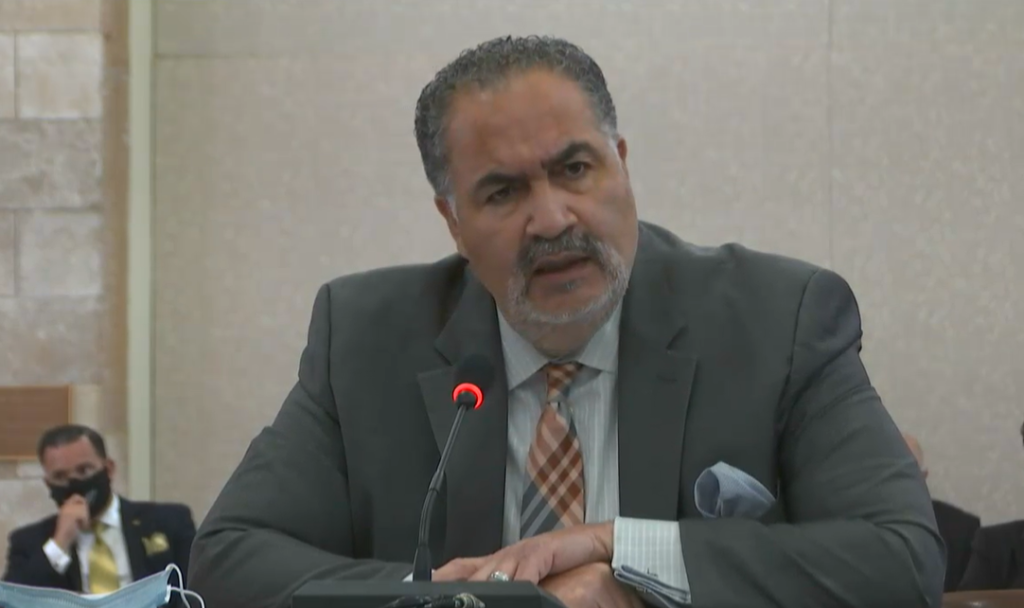Black Leaders Urge Reparations for Communities Ripped Apart by Drug War

Black Leaders Urge Reparations for Communities Ripped Apart by Drug War
The United Black Agenda stands resolute that any legislation that plans to legalize marijuana must repair the communities ripped apart as a result of marijuana prohibition committed in the name of the drug war. Those committed to this movement and the fight for Black lives know that legalization must be done in a racially just way. Taxes from cannabis should be directed towards reparations for the drug war. Anything less enables new methods for more systemic racism – and we refuse to have this happen again.
It is imperative that the state directs a cannabis $42 excise tax (which was in the first legislative version) to repair the harm done by the drug war. That revenue should be used to support vital community-centered services including but not limited to evidenced-based prevention, intervention, community block grants, violence prevention, restorative justice programs, job training, legal aid for civil and criminal cases, health education programs, housing assistance, food assistance, healthcare services, re-entry services, youth recreation or mentoring, and literacy programs. Additionally, it is imperative that the Black and Latino Legislative Caucuses as well as community members direct how the funds get dispersed.
Finally, we demand the following:
- Discourage the underground market by creating incentives and lower barriers to entry with low tax (or no tax) for those who were convicted. They should be free from paying business taxes for at least as long as they had a conviction on their record.
- Financial resources to support grants, no-interest loans, and programming to help individuals from impact zones and those with prior cannabis-related criminal records to enter into the cannabis industry or another industry of their choice.
- Impact Zones should also be redefined to ensure smaller urban areas like Trenton and Camden will qualify.
- Create an “Equity Applicant” status in the Bill, a designation that covers both impact zone applicants and people with prior cannabis-related criminal records and their immediate family.
- Expand the 15% of licenses reserved for impact zone applicants to 45% percent of licenses for Equity Applicants in order to accommodate a larger eligibility pool.
- Ensure that at least 10% of each license class is reserved for Equity Applicants.
- To qualify as an equity applicant at least 51% of the entity must be owned by applicants with equity status.
- There must be an updated racial impact analysis which should be done with an economic impact statement. The law should not proceed without demonstrable positive impact on Black communities in arrests, enforcement, and economics.
Richard T. Smith
President, NAACP New Jersey State Conference
Reva Foster
Chairperson,
NJ Black Issues Convention
Ryan P. Haygood
President & CEO,
New Jersey Institute for Social Justice
Brandon Mckoy
President,
New Jersey Policy Perspective
Elise Boddie
Founder, The Inclusion Project at Rutgers Newark
Carolyn Chang
Past President of the Association of Black Women Lawyers of New Jersey and Chair of ABWL’s Social Justice Committee
Rev. Eric Dobson
Fair Share Housing Center
Co-Convener, NJ Black Multi-Faith Alliance
Rev. Dr. Charles F. Boyer
Executive Director, Salvation and Social Justice
Co-Convener, NJ Black Multi-Faith Alliance









